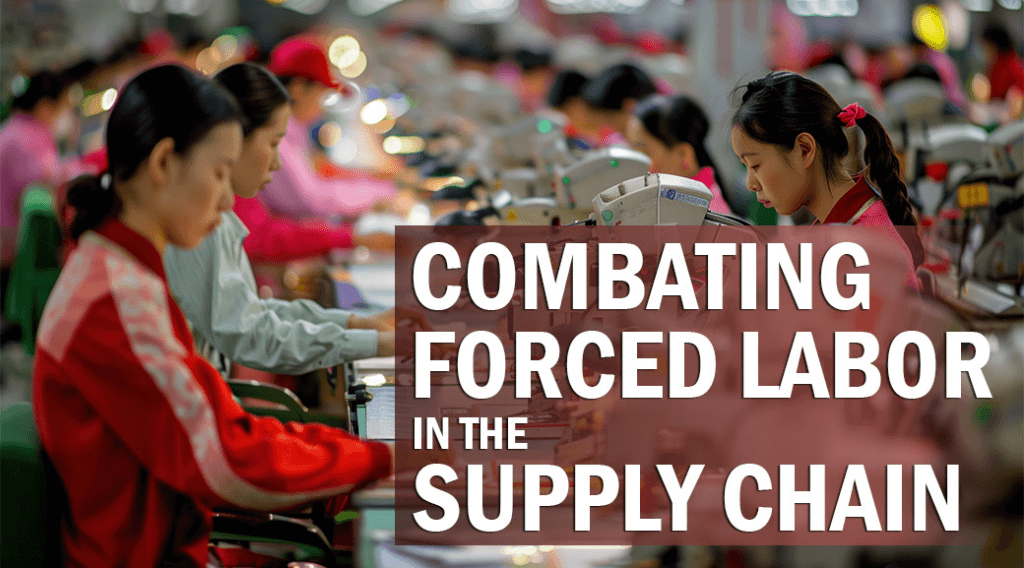

Lord Hanson of Flint, the Home Office, has provided the following answer to your written parliamentary question (HL2048):
Question by Lord Alton of Liverpool:
To ask His Majesty’s Government, further to the Written Answer by Lord Hanson of Flint on 22 October (HL1356), what assessment they have made of the likelihood of goods made by Uyghur forced labour entering the UK via cargo planes flying from Urumqi in Xinjiang to Bournemouth. (HL2048)
Tabled on: 28 October 2024
Answer:
Lord Hanson of Flint:
While Border Force does not routinely assess whether goods on freight entering the UK may have been made using forced labour, we work closely with law enforcement partners to share intelligence to ensure all goods abide by customs and excise rules.
The Government encourages businesses to monitor their global supply chains with rigour, uncover and remedy any instances of modern slavery they may find. Under Section 54 of the Modern Slavery Act 2015, commercial businesses who operate in the UK and have a turnover of £36 million or more must report annually on the steps they have taken to prevent modern slavery in their operations and supply chains by publishing an annual modern slavery statement.
The Home Office is currently working with a wide group of stakeholders to update the Section 54 statutory guidance. This will further support businesses to produce high quality statements, which are underpinned by effective measures to prevent and effectively respond to instances of modern slavery in supply chains.
Date and time of answer: 11 Nov 2024 at 16:36.



